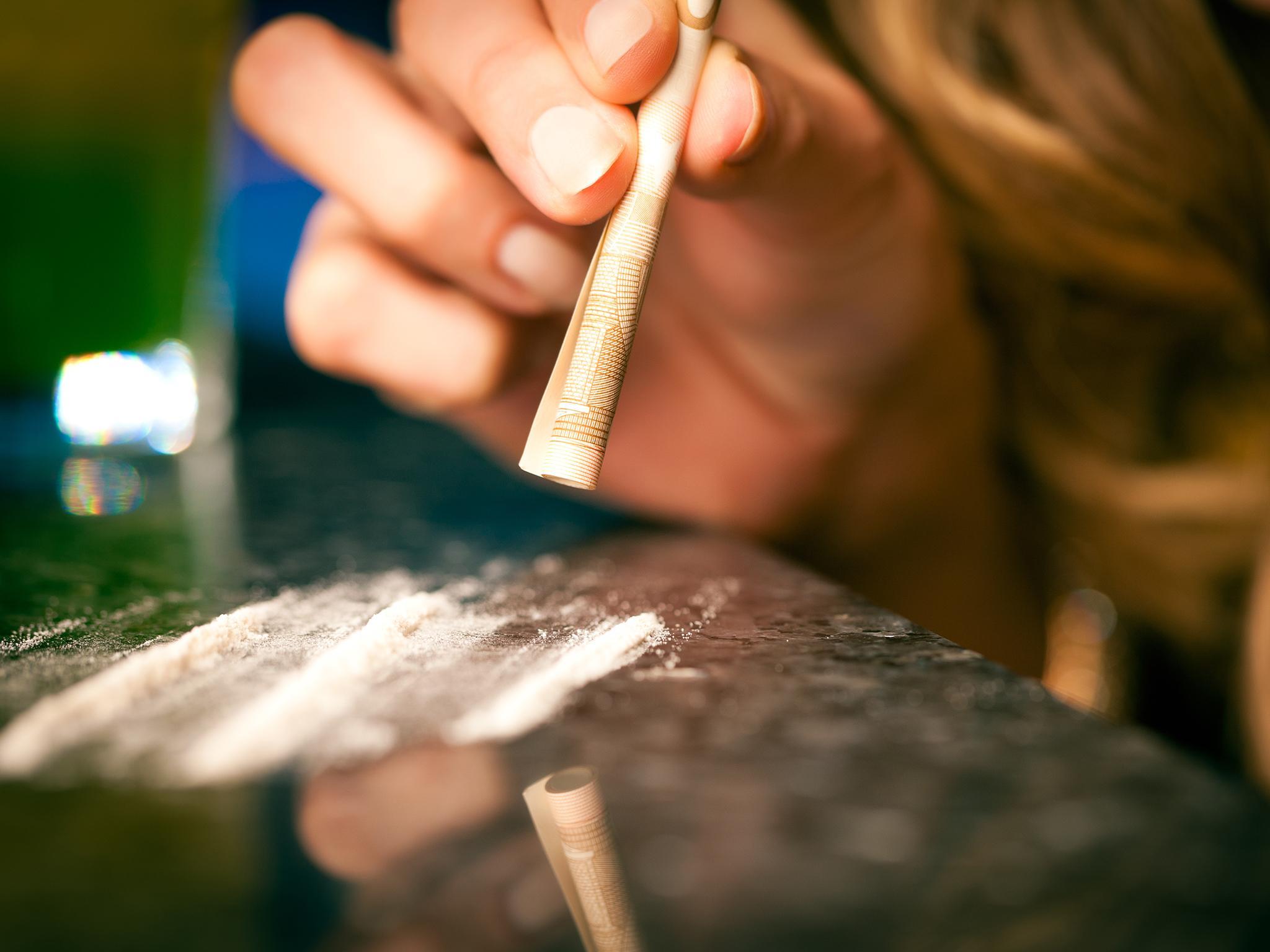Fingerprint test can tell if you’ve taken cocaine, even when you’ve washed your hands
Test could enable police and others to tell within seconds whether someone has taken the drug

Police will be able to tell if someone has used cocaine within seconds simply by taking their fingerprints after a new forensic test was developed by scientists in the UK and the Netherlands.
After taking cocaine, people produce two different chemicals as they metabolise the drug and these substances are present in their sweat.
The researchers found that using a special type of paper to take the fingerprints enabled them to detect these metabolites with 99 per cent accuracy. Hand-washing does not prevent detection, they added.
The technique, developed by scientists at Surrey University working with the Netherlands Forensic Institute and Intelligent Fingerprinting, a private firm, may also work for other drugs.
Dr Melanie Bailey, of Surrey University, said the test should give police, prison officers and others the ability to establish if someone had taken cocaine much more quickly than at present.
“This is a real breakthrough in our work to bring a real time, non-invasive drug-testing method to the market that will provide a definitive result in a matter of minutes – we are already working on a 30-second method,” she said.
“And, as with previous methods we have developed, it is non-invasive, hygienic and can’t be faked – by the nature of the test, the identity of the subject, and their drug use, is all captured within the sample itself.”
Currently drug tests involve taking samples of blood, saliva or urine. As potential biological hazards, these substance can require special storage and disposal.
Dr Catia Costa, also of Surrey University, said the technique used, called “paper spray mass spectrometry”, was gaining increasing popularity in forensic circles “because it is incredibly sensitive and is very easy to set up a testing system”.
“This is the first time it has ever been used to detect the presence of drugs in fingerprints, and our results show the technique was 99 per cent effective in detecting cocaine use among the patients,” she added.
According to the National Statistics Office, about 2.7 million people took illicit drugs in the UK in 2015/16, about eight per cent of the population.
In 2015, nearly 2,500 people died as a result of misusing drugs, up by 10 per cent on the previous year.
The research was described in the journal Clinical Chemistry.
Join our commenting forum
Join thought-provoking conversations, follow other Independent readers and see their replies
Comments